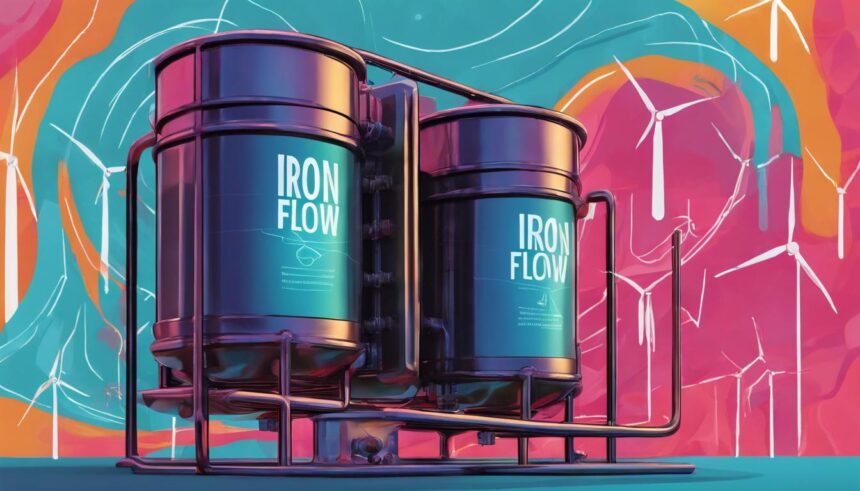ESS Tech’s Energy Center achieves IEEE 693 certification for seismic resilience, ensuring the durability of energy storage systems in earthquake-prone areas and supporting the transition to renewable energy.
In a groundbreaking achievement for the energy sector, ESS Tech, Inc. has announced that its Energy Center product line now holds the prestigious IEEE 693 certification for seismic resilience. This certification is pivotal, especially for installations within seismically active regions like California, underscoring the product’s ability to endure major seismic events without compromising functionality.
The certification, particularly the IEEE 693-High level, signifies that the Energy Center can withstand forces up to 2.5 times that of gravity. This robust resilience is critical, ensuring that energy storage systems remain operational during and after seismic disruptions, thereby providing uninterrupted power supply in times when it’s most critically needed. This level of seismic readiness is not merely an added feature but a fundamental requirement in areas prone to earthquakes, where the reliability of every piece of infrastructure is vital for safety and continuity.
ESS’ Energy Center product line underwent a comprehensive shake table test at the Pacific Earthquake Engineering Research Center, University of California, Berkeley. This test rigorously evaluated the battery module assemblies and the overall design of the Energy Center, affirming its durability and performance under simulated earthquake conditions.
Iron flow battery technology, the driving force behind ESS’s Energy Center, is heralded for its numerous advantages over traditional energy storage methods. Notably, it presents a significantly lower fire risk and uses a safe, sustainable electrolyte made primarily of iron, salt, and water. These characteristics make it not only an environmentally friendly option but also a safer one, aligning with the global shift towards renewable energy sources.
The significance of resilient and reliable long-duration energy storage systems (LDES) cannot be overstated. As the world gravitates towards renewable energy, the ability to store and dispatch clean energy reliably becomes paramount. Areas like California, which are aggressively pursuing renewable energy alternatives but are also frequently subjected to seismic activities, need solutions like ESS’s Energy Center to ensure that the transition to renewable sources does not compromise the reliability of power supply.
This certification is a testament to ESS’s commitment to delivering high-quality, resilient energy storage solutions. ESS CEO Eric Dresselhuys emphasized the role of their engineering team in developing secure, dependable power storage solutions that meet the critical needs of their customers. The company’s attainment of the IEEE 693 and other certifications underscores their dedication to enhancing grid stability, promoting renewable energy deployment, and catering to the demands of global utilities and energy generators.
ESS, established in 2011, has continuously aimed at decarbonizing energy sources by providing safe, sustainable LDES. Their mission to power communities, businesses, and individuals with clean, renewable energy whenever it’s necessary is now further bolstered by their achievement of the IEEE 693 certification.
This milestone not only highlights ESS’s capacity to innovate in the renewable energy space but also reassures stakeholders of the reliability and safety of their energy storage solutions, especially in geographies vulnerable to seismic activities. As the world makes strides towards renewable energy adoption, developments such as ESS’s seismic-resilient Energy Center serve as crucial enablers, ensuring that the transition to greener energy does not come at the cost of reliability or safety.





